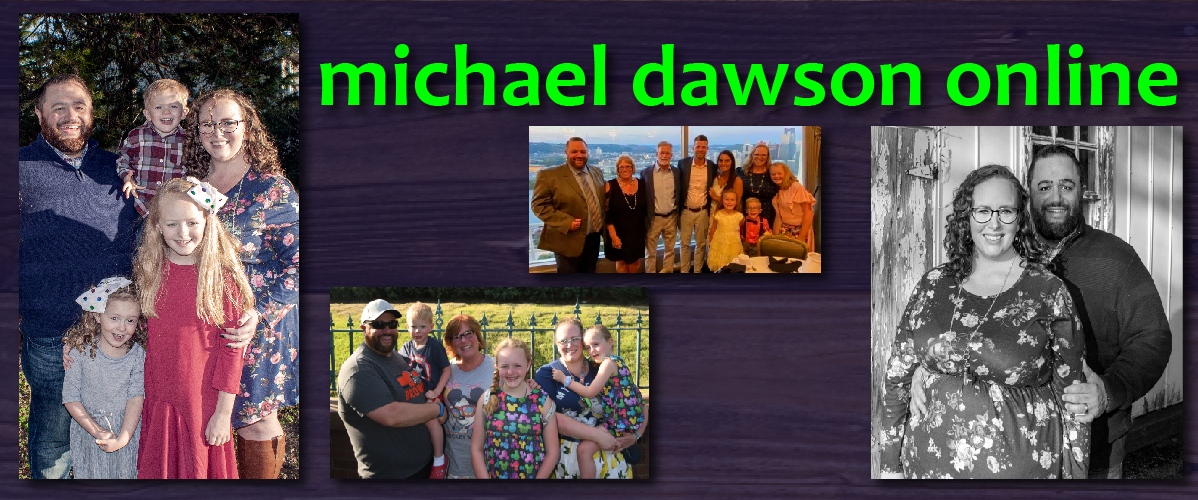Jesus said, “Ask and it will be
given to you; seek and you will find; knock and the door will be opened to you.
For everyone who asks receives; he who seeks finds; and to him who knocks, the
door will opened.” (Matthew 7:7-8 NIV) There is a lesson in this instruction
from Jesus Sermon on the Mount that God has been teaching me this year.
 |
| © Ananya Rubayant |
So in my despair, I decided I was
going to pray about this area of my life. This has been an immense blessing.
Not only in prayer did I get the dissatisfaction off of my proverbial chest but
I also learned a little bit more about myself. Prayer forces us to be
introspective about ourselves. When we pray the correct way, we come before the
throne of God humble, honest, and looking at our motives for our petitions. The
process of prayer broke me. I asked the question of am I being selfish? Am I
wrong in my desires? Are my desires His intention for this gift? Is this what’s
best for everyone involved? Is this something that honors God? In my
introspection God opened the eyes of my heart.
And then God showed me some areas
of improvement in my heartache. For that I thanked God. I was thrilled. I
celebrated. I was joyous because I was seeing improvement. And that is where I
made a mistake. My mistake was not in thanking God for His answer to my
prayers. That was an essential ingredient in the process. I do not think we can
ever ask God for his work and movement and ignore that blessing. How arrogant
we are if we fail to thank God! My mistake was I stopped praying for His
continued work.
I saw improvement, I thanked God,
and then I left it alone. And with that, I stopped working on myself, I stopped
making the improvements I needed to, and I stopped being introspective,
learning all the things that prayer was teaching me. Now, my heart is crushed
again, and I have found myself back almost where I started. I am unhappy. I am
feeling a state of depression. It is affecting my relationships with those that
I love. I am not proud of who I am right now. I am not driven. I am lazy. I am
mad at myself.
Jesus told us to ask, seek, and
knock. This is a continual process. God already knows who we are and what we
need before we ever ask Him. He only wants what’s best for us. But sometimes He
waits until we are ready to come to Him, because in prayer, in our broken state
He wants to teach us, He wants to mold us, He wants to shape us into His
masterpiece. And when I saw improvement, I stopped God’s work, thinking He was
done. God was not ready to stop working, but I had selfishly decided God was
done. I am only sorry it took more heartbreak to learn this lesson. From now on
I will ask, seek, and knock until God shows me that His work is complete.

